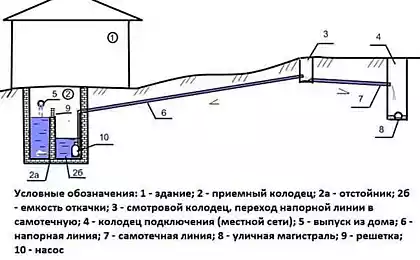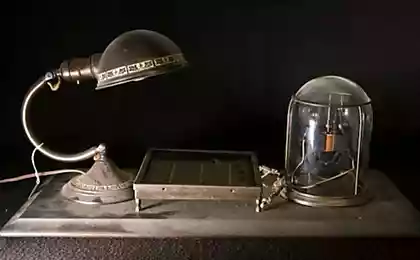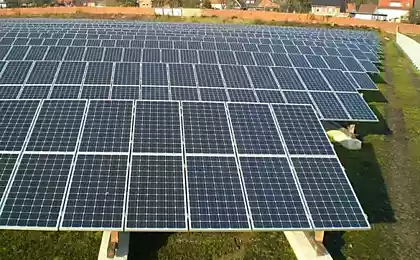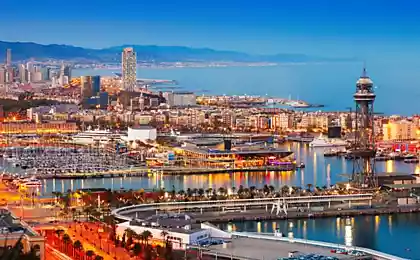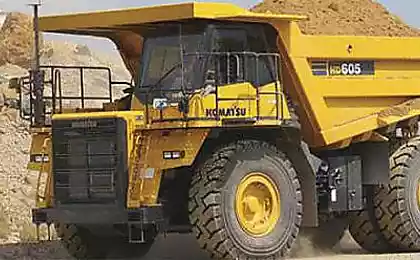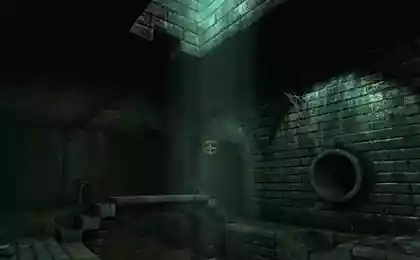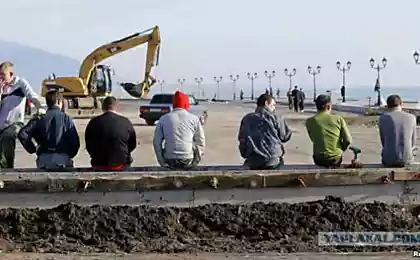492
Recovery of energy lost in the maze of the sewer project of the city Amstetten
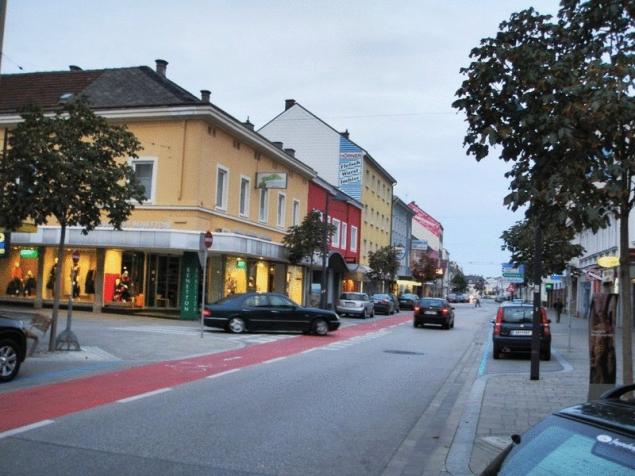
Every day millions of litres of hot water from water taps, household appliances and businesses disappear in the sewers. Consumed not only the water, the lack of which our planet is experiencing, and thermal energy.
Residents of the Austrian city of Amstetten is trying to minimize losses. Here is running a pilot project with local utility company that recovers the energy lost in the maze of sewers. Energy "from the dregs" is used for heating in winter and cooling in summer, buildings with an area of 4000 square meters, which allows them to do without gas and reduces your carbon footprint.
"Almost every week we meet different delegations wishing to watch — enthusiastically says Robert Zimmer (Robert Simmer), CEO of Stadtwerke Amstetten. French delegation coming next week, then Spanish... We're starting to run out of resources, you have to use staff to serve all arriving".
On a 42-metre stretch of sewer where the water temperature reaches 27 degrees Celsius, the company introduced a high-tech installation. The water in it is circulated in pipes laid along the sewer, but apart from them, taking the heat with heat exchangers. The heated water enters the heat pump and is used for Central heating. "The water that is pumped over here is clean, there are no faeces," — emphasizes Zimmer.
The heat pump consumes electricity, the expenses for which reach 6,500 euros per year. Despite this, in General, the device provides substantial savings compared to the previously used gas heating.
The company has spent on installation for recovery of energy from sewage is 240 thousand euros and hopes to return this amount within 11 years. Zimmer claims that any other renewable source of energy would pay off not earlier.
Thanks to the paper mill nearby and regularly drop the drain with the hot water, the sewers are warmer than usual. But even in places without such benefits, the potential of technology is very significant, said Dr. Florian Kretschmer (Kretschmer Florian) from BOKU — University of natural resources and life Sciences (University of Natural Resources and Life Sciences ) in Vienna. "The advantage of this technology is that you have a regional resource, where there is always waste water," says the researcher.
Amstel is not the only city in Europe where "extract" energy from sewage. In Germany, Austria and Switzerland, there are over 200 such projects.
Research conducted at BOKU, showing that 3 to 5 percent of the Austrian buildings could be heated using this technology, especially suitable for large buildings, which are located in schools, offices, etc.
The numbers are certainly not large. But according to Kretschmer in combination with other clean energy sources such as sun and wind, the technology will contribute to the decrease in the share of fossil fuels in the European economy.
"Of course, by itself it will not solve energy problems in the world, the scientist said. But what we will need in the future, it is a weighted combination [sources of energy], and the energy from wastewater can play its role."
materials Phys.org
Source: facepla.net
In Israel, preparing to test the world's first air taxi SkyTran
Food Allergy children are developing during the pregnancy
